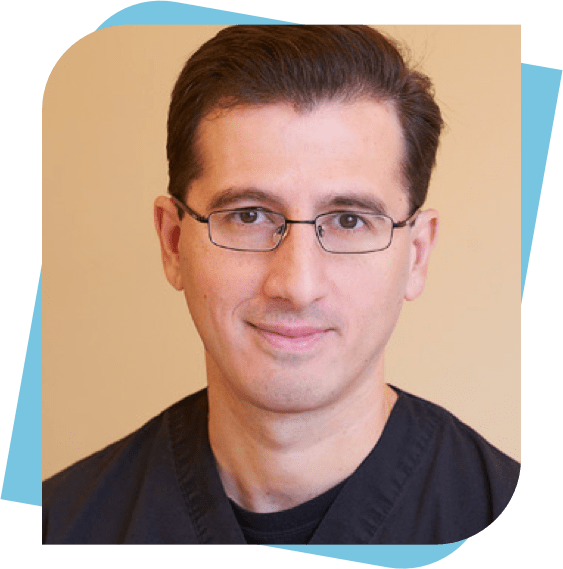Why You Should Get Your Dentist to Screen for Oral Cancer at Your Next Checkup
As with regular screenings for other health issues, including oral hygiene, oral screenings keep an eye on your health and can catch problems before they worsen.
Since your dentist examines your mouth on a regular basis, they are usually the first healthcare professionals to notice signs of oral cancer. Regular screenings allow for peace of mind and can catch oral cancer early on. As with other types of cancer, early detection improves the chances of recovery. Oral cancers include cancers that affect the lips, cheeks, tongue, palate, and throat.
Aside from checking for signs of tooth decay and gum disease, regular checkups are a good opportunity for dentists to look for signs of oral cancer. Symptoms of oral cancer include growths and sores that won’t disappear.
Oral Cancer Screenings
During an oral cancer screening, your dentist will go over your medical history and update it if necessary. This includes past and current health issues, medications, and risk factors for oral cancer. It’s important to be completely honest and mention any problems or discomfort you have in your mouth, neck, and face. While it may not be serious, the more information you give your dentist, the more prepared they will be to treat your conditions.
Your dentist will look for signs of cancer both inside and outside of your mouth, including your head and neck. During this exam, they will look for:
[su_list icon=”icon: chevron-right” icon_color=”#74c1df”]
- Discolouration;
- Lesions;
- Lumps;
- Sores; and,
- Irregular tissue changes.
[/su_list]
If your dentist notices anything abnormal, they may refer you to an oral surgeon or suggest a biopsy.
Signs to Look For
While your dentist will notice any abnormalities, here are the signs to keep an eye out for between regular visits to the dentist:
[su_list icon=”icon: chevron-right” icon_color=”#74c1df”]
- Bleeding in the mouth from an unknown cause;
- Changes in your bite;
- A chronic sore throat;
- Feeling that something is caught in your throat;
- Hoarseness or other voice changes;
- Dramatic weight loss;
- Ear pain;
- Problems chewing, swallowing, speaking, or moving your tongue or jaw;
- Lumps, bumps, or rough/irregular spots on your lips, gums, or other areas inside your mouth;
- White, red, or white-and-red speckled patches in your mouth;
- Numbness, pain, or tenderness in your face, neck, or mouth;
- Frequent sores on your face, neck, or mouth that bleed easily and don’t heal within two weeks.
[/su_list]
If you have any of these symptoms, don’t wait to see your dentist, and don’t wait until there’s pain. While your symptoms may not be from oral cancer, it’s better to screen early and discover the underlying health issues that contribute to your symptoms.
Common risk factors for oral cancer include smoking and excessive alcohol consumption. So to reduce your chances of developing these cancers, aim to live a healthy lifestyle, take care of your oral health and hygiene, and visit your dentist regularly for dental checkups and oral cancer screenings.









